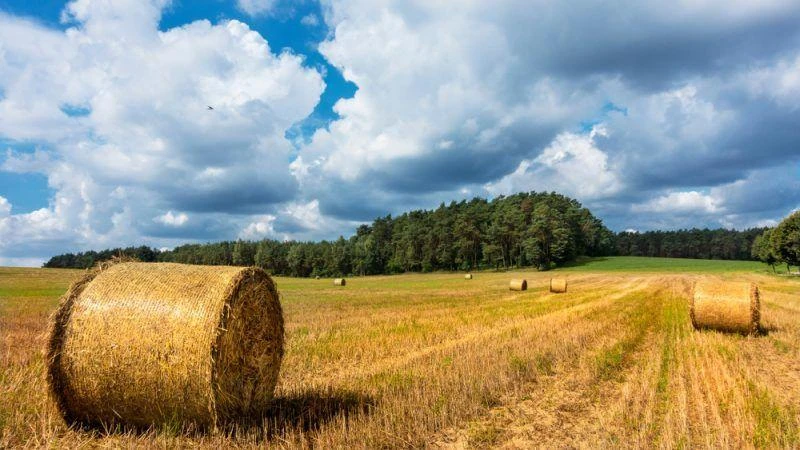Study reveals over 80% of EU agriculture subsidies support polluting livestock farming

Researchers from Leiden University in Netherlands unveil EU subsidies heavily favoring polluting livestock farming, hindering climate goals
In a groundbreaking study published in the journal Nature Food, researchers from Leiden University in the Netherlands unveiled a stark reality, pointing out that more than 80 percent of the European Union’s agriculture subsidies serve to bolster environmentally damaging livestock farming practices.
The study’s analysis of the European Union’s Common Agriculture Policy (CAP) subsidies exposed a concerning imbalance, with direct payments to livestock farmers comprising a significant portion, totaling a staggering €57 billion ($62 billion) in 2013 alone.
Furthermore, subsidies supporting livestock, particularly for animal feed production, accounted for the remainder, exacerbating the environmental impact of EU agricultural policies.
“These findings underscore the inherent challenges within the CAP system, which currently presents a significant economic disincentive for transitioning to more sustainable practices,” stated the study’s lead author Anniek Kortleve.
Paul Behrens, co-author and associate professor at Leiden University, added to her comments, emphasizing the profound implications for global climate targets. “It’s very difficult to meet those targets if you’re setting up the economics such that you’re incentivizing the most damaging products,” Behrens warned, highlighting the urgent need for policy reform in light of the alarming results.
Beyond its domestic impact, the study also revealed that a substantial portion of CAP subsidies, particularly for high-value products like cheese, pig meat, and wine, were exported to non-EU countries, including China, Russia, and the United States.
Emphasizing the imperative for fundamentally reimagining the CAP system, Behrens urges policymakers to prioritize environmental benefits while adapting to the increasingly precarious conditions imposed by climate change. “We need to move away from incentivizing practices that contribute to greenhouse gas emissions and instead promote sustainable land management strategies,” he suggested.
Source: AFP



